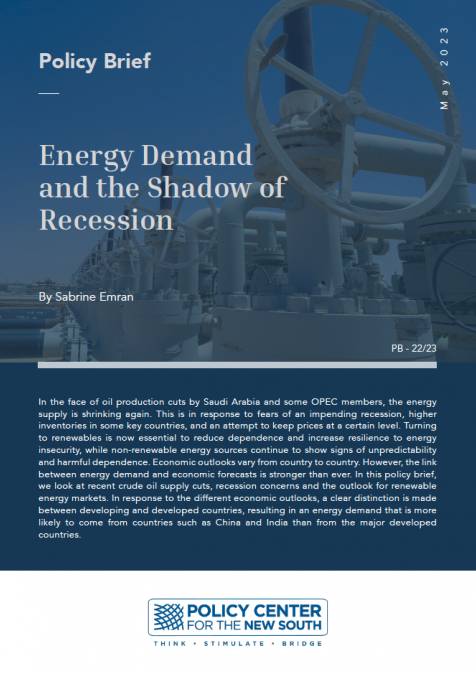Publications /
Policy Brief
While energy products are clearly at the heart of geopolitical relations, other commodities should be taken into account to explain certain changes in the international economic and political environment. This is the case for steel since the 19th century. What about today? In a context of sluggish domestic demand, the considerable expansion of Chinese production and exports weigh heavily on the health of steelmakers, which are "historic" producers. Antidumping measures have thus been adopted in the United States, Europe and Morocco with the aim of restoring the competitiveness of local industries in national markets. It is up to the appropriate authorities to assess the legitimacy of such measures, but it is important to note the importance of the political stakes in this field, both nationally and internationally.












